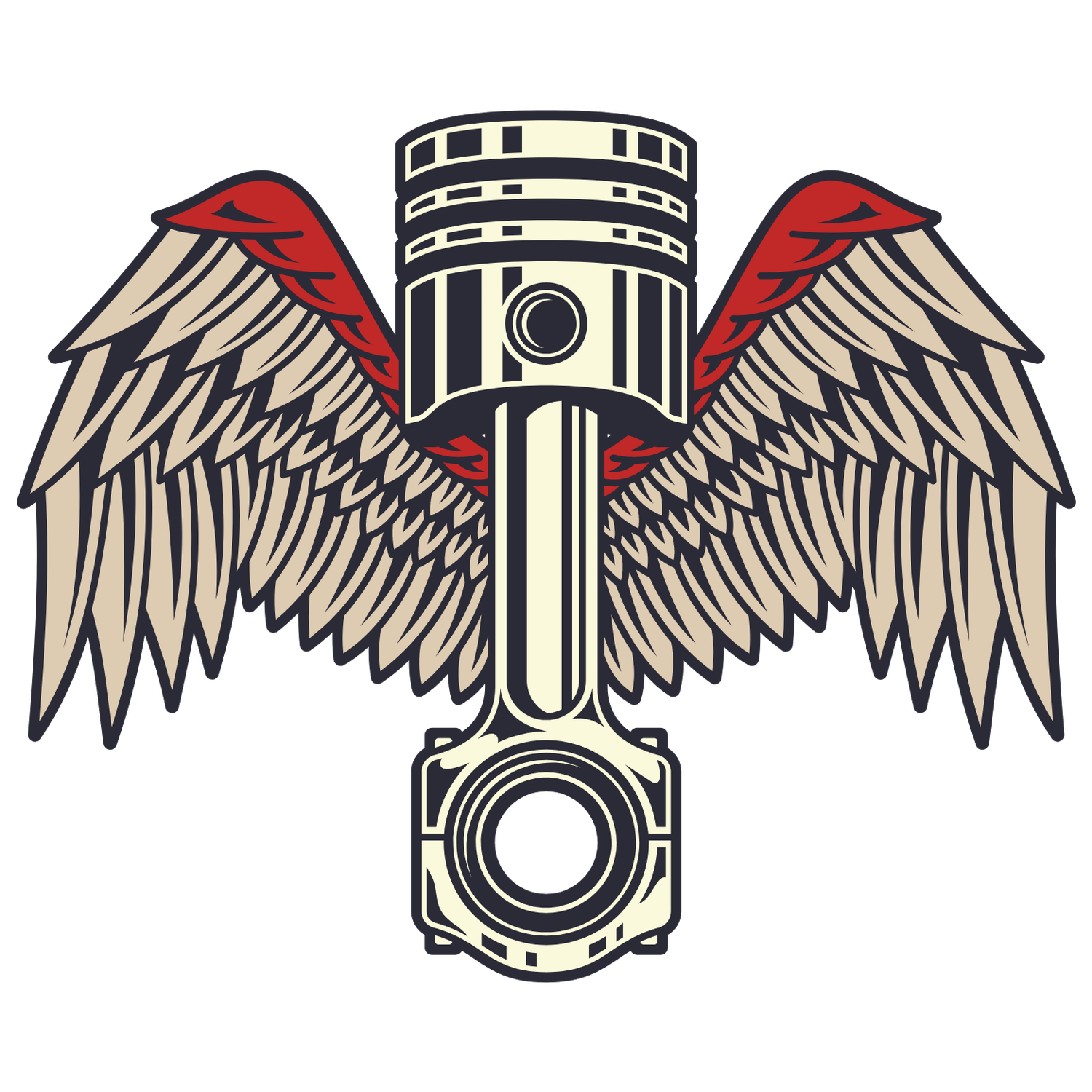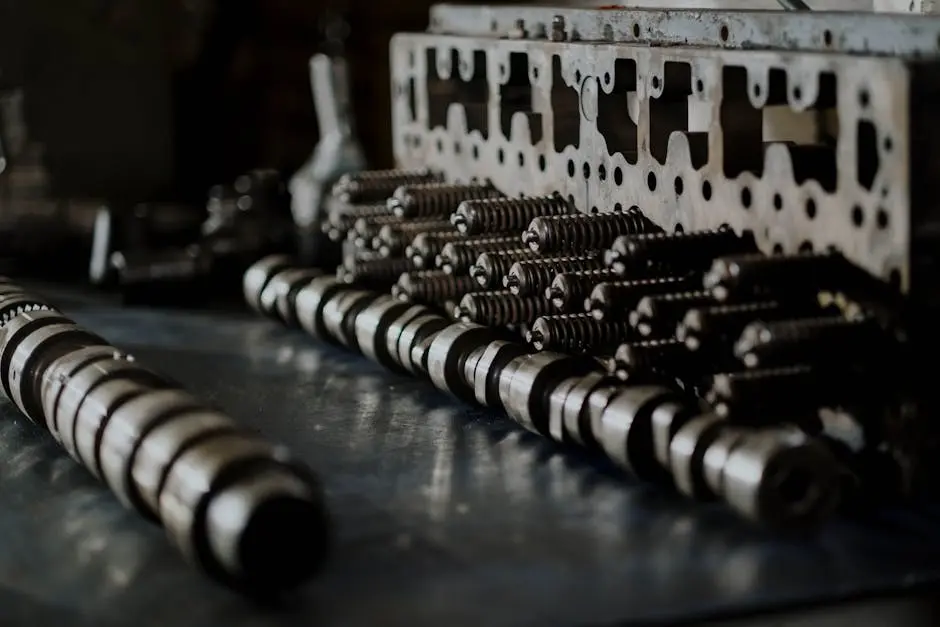What Are Rod Bearings and Why Are They Important for Your Engine?
Understanding rod bearings is crucial for anyone interested in engine performance. These small yet vital components play a significant role in how your engine operates. Let's dive into what rod bearings are and why they are so important.
What Are Rod Bearings?
Rod bearings are cylindrical components that provide a surface for the connecting rods to pivot, allowing the crankshaft to turn smoothly. They are typically made of durable materials that can withstand high temperatures and mechanical stresses.
They serve as a crucial link between the crankshaft and the pistons, enabling the conversion of linear motion into rotational motion. This conversion is fundamental to the engine’s operation, making rod bearings indispensable components.
In a nutshell, rod bearings are like the linchpins in your engine's machinery. Without them, the delicate balance and smooth operation we expect would spiral into chaos.
These small yet mighty components function in pairs, one on each side of the connecting rods, ensuring stability and performance cohesion throughout the engine.
How Do Rod Bearings Work?
Rod bearings work by allowing the connecting rods to rotate around the crankshaft without direct metal-to-metal contact. This reduces friction and wear, which is crucial for maintaining engine efficiency.
When the engine is running, oil forms a thin film between the bearing surface and the connecting rod, creating a hydraulic cushion that absorbs shock and minimizes wear. This oil film is your rod bearing's best friend!
Think of it this way: without rod bearings, your engine components wouldn’t just clash; they’d fight for survival, leading to premature failure. The underpinnings of engine longevity heavily rely on this system.
Their design is smart, and each bearing is engineered to keep running smoothly, ensuring that your engine can withstand repeated high performance without suffering negative consequences.
Why Are Rod Bearings Important?
Rod bearings are important because they support the engine's moving parts, helping to prevent engine knock and ensuring a smoother performance. Without properly functioning rod bearings, an engine can suffer severe damage.
In the grand scheme of engine mechanics, rod bearings hold the weight of a lot more than you might think. They not only ensure smooth movement but also enhance fuel efficiency, contributing to overall performance.
Furthermore, they play a critical role in heat management. An engine generates substantial heat during operation, and rod bearings help dissipate this heat, lowering the risk of overheating and resultant damage.
Consequently, investing in your rod bearings translates to investing in your vehicle’s entire lifespan, cushioning it against wear and tear while ensuring it performs optimally for years to come.
Signs of Rod Bearing Issues
Some common signs of rod bearing issues include unusual noises, engine vibrations, and decreased performance. It's important to address these symptoms early to avoid catastrophic engine failure.
If you find yourself hearing a knocking or tapping sound, it's essential to take action immediately. Ignoring these noises can lead to disastrous outcomes for your engine, potentially costing a fortune.
Another indication might be a noticeable drop in your engine's performance, where acceleration feels sluggish or the engine stutters unexpectedly. These red flags shouldn't be taken lightly!
Vibration is yet another concerning symptom; if your vehicle begins to shake or rattle in ways it never has before, you may be staring at a pending rod bearing issue.
How to Maintain Your Rod Bearings
Regular oil changes, monitoring oil levels, and using high-quality engine oil can help maintain the health of your rod bearings. It's also wise to have your engine inspected regularly by a professional.
When you prioritize quality engine oil, you’re not just filling a tank; you’re extending the life of critical components like your rod bearings. Remember, not all oils are created equal!
Another tip is to pay attention to your driving habits. Avoiding harsh acceleration can minimize strain on your engine, benefiting all components, including your rod bearings.
Lastly, consider an occasional engine performance check or tune-up. Just like an athlete consults with a coach, your engine deserves a bit of attention, too.
Final Thoughts on Rod Bearings
Rod bearings are essential for the smooth operation of your engine, ensuring that the moving parts work together efficiently. Regular maintenance and understanding their role can lead to better performance and longevity of your engine.

